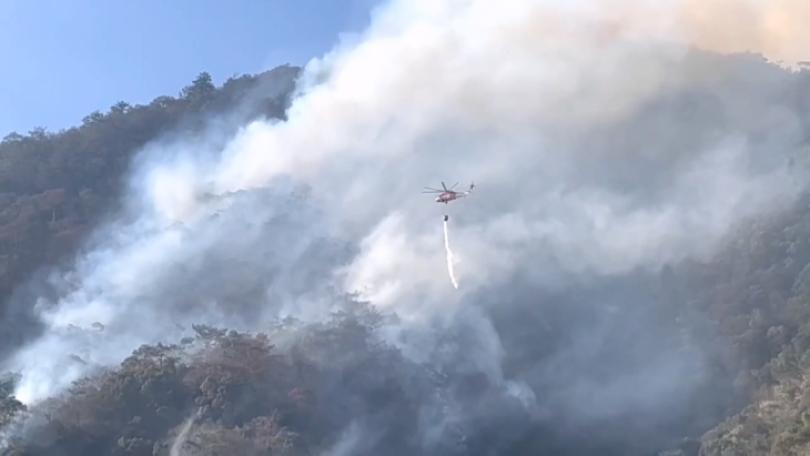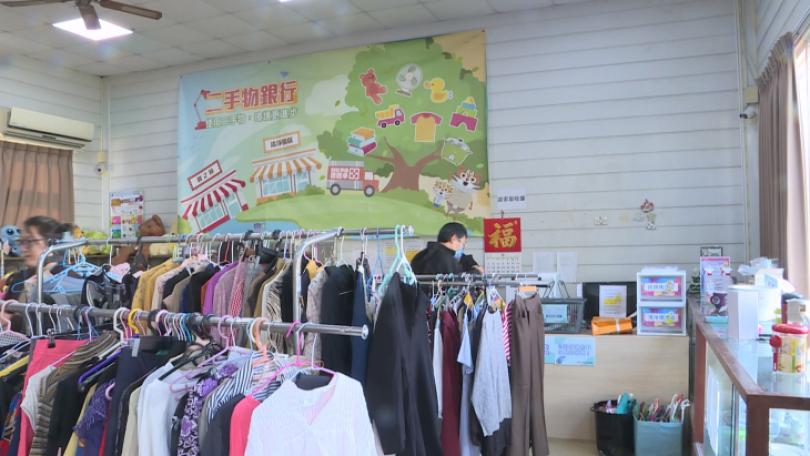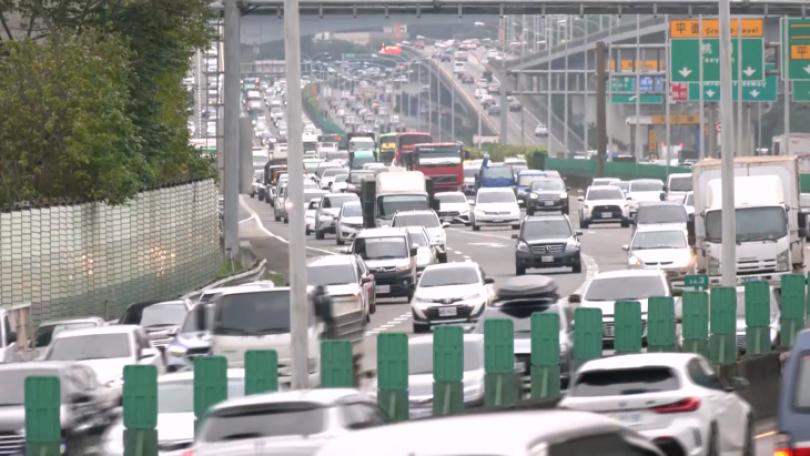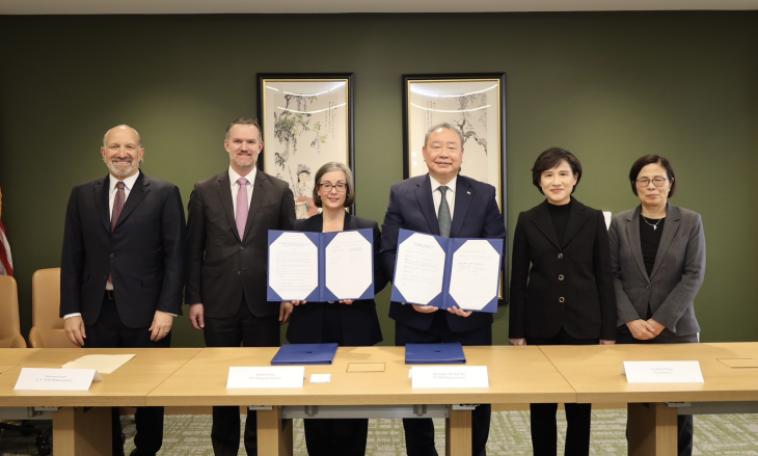Lunar New Year Quarantine System Takes Effect 春節檢疫新制至明年2/14 首批旅客返台

Taiwan's Lunar New Year quarantine system went into effect on Dec. 14. There were some complaints and even altercations on the first day.
The new quarantine system for the Lunar New Year period went into effect on Dec. 14. People entering Taiwan from non-key high-risk countries can choose between a "10+4" or "7+7" quarantine program. They spend the first part of quarantine at disease prevention hotels or centralized government facilities and are allowed to complete the remainder of their quarantine at home with a negative PCR test result.
Traveler: “It was already really exhausting to get here. The road to return home was tough. ”
Reporter: “Very tough. The procedures are too troublesome. ”
Traveler: “They're too complicated.”
Many travelers were unfamiliar with procedures. Meanwhile, experts worry that the Omicron variant is already the dominant variant and breakthrough infections can occur. They recommend another PCR test before the end of quarantine.
Huang Li-min, Honorary Chair, Infectious Diseases Society of Taiwan: “People at home or undergoing the last seven days may forget the rules of quarantine. They may be in contact with other people. These situations of course pose risks. ”
A British study took the blood serum of people who received two doses of the AZ vaccine 28 days after the second dose to study the neutralizing effect on the Omicron variant. It found that it was practically zero. Meanwhile, two doses of the BNT vaccine offered some protection. Domestic experts say it appears that two vaccine doses don't offer protection against Omicron, regardless of brand, and recommend that people get third doses to boost the protection to 70 to 80 percent.
Lee Ping-ing, Member, Advisory Specialist Panel, CECC: “The effect of AZ plus AZ won't be equal to zero. If you got the AZ vaccine first, then you stimulated your T cell response. If you then add another vaccine, it's supposed to also provoke a very good immune response. ”
The Central Epidemic Command Center says the 14-day quarantine period for the Lunar New Year won't change. It will be followed by seven days of self-health management. It urges returning travelers to follow regulations, and people to get vaccinated. This will reduce the risk of serious cases and death if the virus is able to spread at the community level.
春節檢疫新制14日週二起上路,非重點高風險國家入境者,可選擇「10+4」或「7+7」檢疫方式,前面入住防疫旅館或集中檢疫所,經PCR採檢陰性後,才可返家完成剩餘的檢疫期,新制上路第一天,就有不少國人返台。
一名桃機旅客說:「回國已經很累了,回家的路太辛苦了。」
記者問:「太辛苦了。程序上太麻煩就對了?」
旅客回:「太複雜了。」
不僅部分旅客對於檢疫流程不清楚,也有專家擔憂,Omicron已經成為全球主流病毒株,即使打了疫苗,也可能發生突破性感染,建議旅客解隔離前,最好再做一次PCR篩檢。
台灣感染症醫學會名譽理事長黃立民說:「當他一個在家或者最後七天的時候,就怕他有時候會忘掉他的一些隔離的規定,就會接觸到一些人,這個時候當然就帶著一些風險。」
此外,英國醫學期刊最新研究出爐,打了兩劑AZ、28天後,拿血清去中和病毒,結果發現中和Omicron的能力,幾乎降到零,而打兩劑BNT者,雖然也有下降,但對於Omicron仍有一些保護力;對此國內專家則是認為,目前國外研究顯示,任何廠牌疫苗打兩劑、對Omicron幾乎沒效,建議追加打第三劑,保護力才能提升到七、八成。
疫情指揮中心專家諮詢小組委員李秉穎表示:「AZ+AZ的效果不會等於零啦,你如果一開始是打AZ疫苗,你刺激了T細胞的反應,然後再追加其他疫苗的話,相信也可以引起相當好的免疫反應。」
疫情指揮中心則強調,春節檢疫方案的總天數14天沒有改變,後面還有七天的自主健康管理,呼籲返國旅客要落實,同時呼籲民眾儘快接種疫苗,萬一有病毒入侵社區,也可降低重症及死亡的風險。










